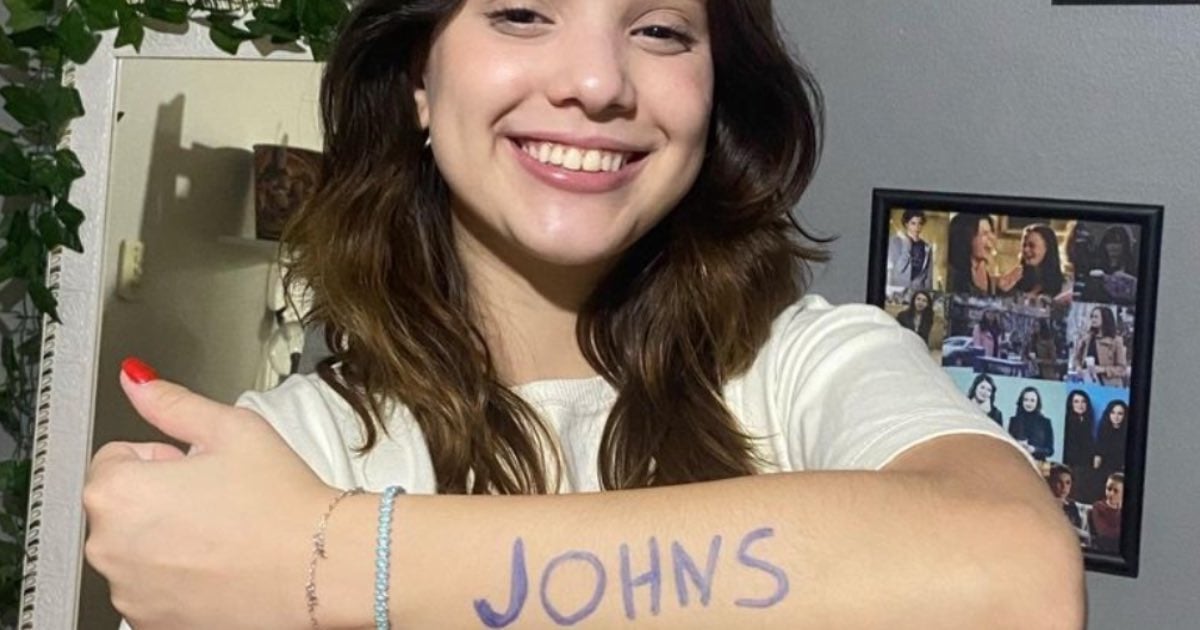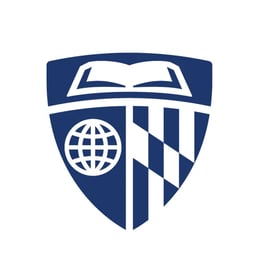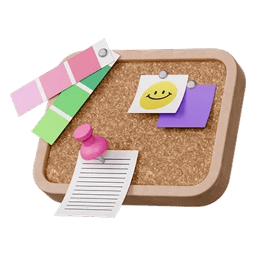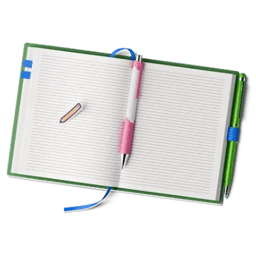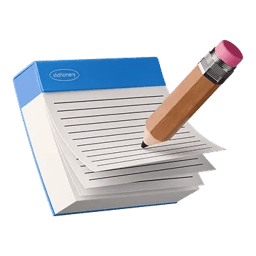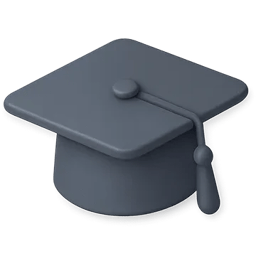How my International Academic Journey started
My name is Victórya Leal, I am a science activist originally from Brazil. Through my high school career, I had the opportunity to do research projects in the Circular Economy area. With those research projects, I had the chance to travel around the world to science fairs, including twice to Regeneron ISEF (the largest science fair in the world) in the United States. There, I went to a college fair. I talked with a lot of admission officers. They presented me with the idea of studying abroad, which before, was unimaginable for me, since I am a low-income student and I studied my whole life in public institutions.
Inspired, I decided to take a gap year to thoroughly prepare for the admission process for universities in the U.S. The organization "Prep Estudar Fora - Fundação Estudar" provided invaluable guidance, supporting me. Their assistance was instrumental in helping me explore this life-changing opportunity.

Why Johns Hopkins?
I chose Johns Hopkins mainly because I wanted to go to a research university, and JHU is ranked as the #1 research university in the U.S., so it was a perfect match. I was really scared of applying because apart from their selective admission rate, they do not offer need-blind scholarships for international students. As a need-aware institution, they consider an applicant's financial situation when making admission decisions, which was a significant factor for me since I required a substantial amount of financial aid.
Once, I had an office hour with an admission officer, and I completely fell in love with the university because of the large research opportunities. And also, as a first-year student, I would be able to continue my Circular Economy research. I really liked that as a freshman, I am allowed to make my own ideas, something that is not very common at other universities. This level of autonomy and support for independent scholarly pursuits resonated deeply with me, further solidifying my decision to apply.
Stats & Extracurriculars
My GPA was 9.7 out of 10 in the Brazilian Educational System, and I was the first in my class. On the Duolingo English Test, I scored 130 out of 160. At the moment I was applying, JHU was a test-optional university, and I ended up applying without submitting my SAT score.
Talking about my extracurriculars, I must say that my top one was my Circular Economy research which I worked on from ninth grade to my senior year. During the pandemic, I created an app that connected thrift stores and women's associations because at that time they were not connected to technology and they faced difficulties. One of my biggest extracurriculars was also my research project about creating an innovative mathematical model to explain and measure the behavior of young Brazilians in the Circular Economy. After that, I developed an app and board game to democratize Sustainable Development Education for young Brazilians. I worked with around 5 different companies to release it, and it is now being used by more than 1,000 students.
Thanks to science, I took a plane for the first time. With my research projects, I participated in around 50 science fairs and seminars around the globe. I won 86 national and international awards, and I traveled to places like Europe, the United States, Serbia, Germany, and many places in Brazil, which certainly helped me a lot in my application.
When I graduated, I realized how important science was to me and that I had to share this knowledge with other people. Thus, I started to work with five organizations, both international and national, to democratize opportunities for others. I was able to reach about 500 people in Brazil, organizing congresses, mentoring programs, implementing research projects in different schools, and different parts of Brazil as well as outside the country.
In addition to that, I founded two startups from two of my Circular Economy research projects during my gap year. This allowed me to participate as a fellow in the Western Union Foundation and Watson Institute's international entrepreneurship program, which has an acceptance rate of just 2%. Also, I participated in activities such as choir, theater, swimming, and was a junior member of the Brazilian Academy of Young Scientists.

Resources
"Prep Estudar Fora - Fundação Estudar" proved to be an invaluable resource throughout my application process. As a highly competitive mentorship program, they selected only 56 individuals out of 7,000 applicants. They helped me with my essays, the Duolingo English Test, how to make my school profile, how to choose the person who wrote my recommendation letter, and basically all my applications.
Personal Statement
My personal statement was about the app I designed for thrift stores and women's organizations in my country. The reason I created this app was because my grandmother is one of the owners of this type of business. During the pandemic, I realized how difficult access to technology was not only for her but for my entire community, so I had to look forward to finding a solution to the problem.
I wrote about how a family problem can become a research project, how we can look into it and find a solution. As I mentioned before, this research project is important to me because it opened my eyes to science, but at the same time, it is important for my family.
My tip for people who are currently writing their Common App essay is to write about your motivation and the reason you do the activities. As well as others, you may do the same activities or have the same stats, but the key difference is to show your inspiration. In my case, my personal statement was an opportunity to say that I pursue science not only for myself but because I want to improve people's lives, and how I am committed to that.

Hodson Scholarship + Financial Aid
I received the Hodson Scholarship, which is an extremely competitive scholarship that Johns Hopkins provides to only 20 incoming first-year students around the world who have made a formidable commitment to the communities they come from and the communities they have joined. This scholarship covers my full tuition.
Additionally, I receive a need-based scholarship that covers the dorms, the meal plan, health plan, and even a new laptop. Adding the two together, I get a full ride.
Final thoughts
I believe that Johns Hopkins University will be a life-changing opportunity. As a first-generation student who lives in the countryside of Brazil, having the chance to attend a university like JHU is completely mind-blowing. Johns Hopkins will make the dreams I've always had come true. Now I think that I will be a leader, not only in Brazil but in the world.
